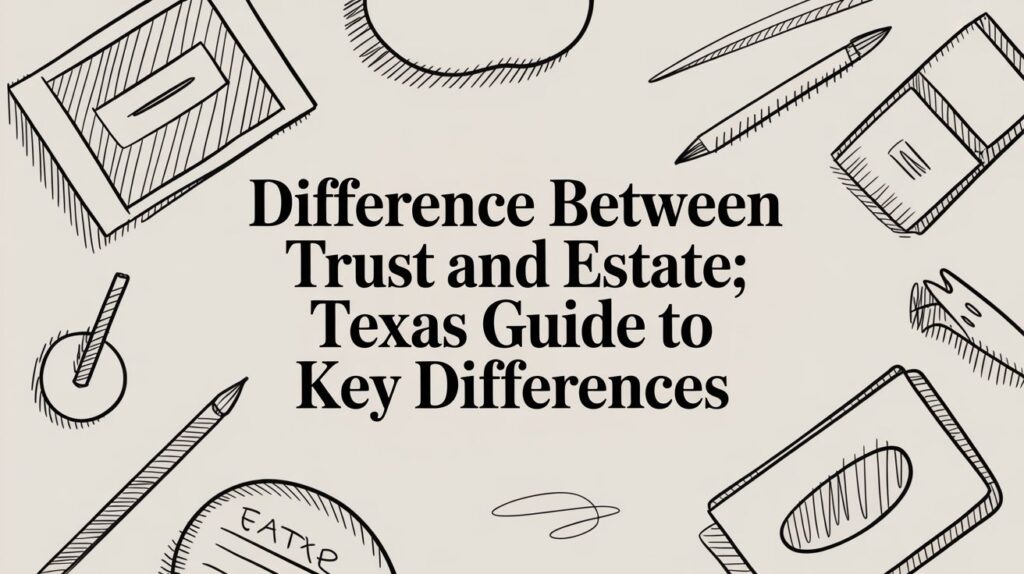When someone passes away, their estate often goes through probate—a legal process where the court oversees the distribution of assets, payment of debts, and handling of legal affairs. While probate is designed to protect the rights of heirs and creditors, it’s not exactly known for moving quickly. In fact, delays are more common than not. Whether you’re waiting on an inheritance, handling a loved one’s estate, or just trying to avoid frustration, understanding the factors that delay probate timelines explained clearly can save you time, money, and unnecessary stress.
In this article, we’ll dive into the factors affecting probate timelines, breaking them down with real-life examples, practical insights, and plain-language explanations. The goal? Help you figure out why probate takes so long—and what you can do about it.

What Is Probate, and Why Does It Matter?
The Legal Framework Behind It All
Probate is the process of legally validating a will, appointing an executor (or administrator if no will exists), inventorying the estate, paying debts and taxes, and finally distributing the remaining assets to beneficiaries. It’s essentially the court’s way of making sure everything is handled properly after someone passes away.
But unlike what you see in movies, probate doesn’t wrap up in a week. Even in the smoothest cases, it can take six months to a year. And when complications arise, things can drag on for several years. That’s why understanding the factors affecting probate timelines isn’t just helpful—it’s necessary.
Real-Life Story: A Yearlong Delay Over One Signature
Consider the case of David, a 42-year-old who passed away unexpectedly in Texas. He had a valid will naming his sister, Emily, as executor. Everything seemed straightforward—until they discovered that one of the witnesses had moved out of state and couldn’t be reached. That single missing signature verification delayed the probate process by nearly a year.
This story highlights just one of many factors that delay probate timelines explained in real, human terms. What looks like a small issue on paper can cause massive slowdowns in court.
Factor #1: Missing or Invalid Wills
The Starting Point Can Set You Back
The first and arguably most critical factor is the existence and condition of the will. If a valid will is missing, unsigned, or incorrectly executed, it can lead to significant delays. Texas law requires that wills meet specific standards:
- Signed by the decedent
- Witnessed by at least two people
- Clear and unambiguous in terms of asset distribution
When any of these elements are absent or questionable, the probate court may require additional hearings or even initiate an intestate probate case—where the state decides who inherits based on law, not the decedent’s wishes.
These kinds of technical hang-ups are one of the most common factors that delay probate timelines explained through courtroom experience.
Factor #2: Family Disputes and Will Contests
Emotions, Money, and Legal Chaos
Probate courts don’t just deal with documents—they deal with people. And when money, property, and emotions mix, disputes often arise. Siblings who don’t trust each other. Spouses who were left out of the will. Children from a first marriage who feel shortchanged.
Common causes of probate disputes include:
- Allegations of undue influence
- Claims of forgery
- Challenges to mental capacity
- Conflicting versions of the will
These disputes can lead to contested hearings, depositions, and court motions—all of which extend the probate timeline.
If you’re looking for a classic example of factors that delay probate timelines explained in detail, a family lawsuit will always top the list.

Factor #3: Out-of-State Assets or Real Property
Multi-Jurisdiction = Multi-Delay
If the decedent owned property in more than one state—like a vacation home in Colorado or rental property in Florida—then ancillary probate proceedings must take place in each of those states. Each jurisdiction operates under its own timeline, with different forms, fees, and court requirements.
This can be a logistical nightmare, especially if:
- Title issues arise
- Local courts are slow
- There are separate executors for each jurisdiction
Coordinating across state lines is one of the lesser-known but very real factors affecting probate timelines, especially in larger or wealthier estates.
Factor #4: Tax Complications and Debts
Uncle Sam Is Not in a Hurry
Before an estate can be distributed, all taxes and debts must be resolved. This includes:
- Income taxes
- Property taxes
- Federal estate taxes (for high-value estates)
- Outstanding credit card bills
- Mortgages or liens on property
If the estate lacks liquidity (cash on hand), assets may need to be sold to satisfy debts. That alone can cause major delays—especially if the real estate market is slow or if there are disagreements about what to sell.
This financial tangle is one of the most underestimated factors that delay probate timelines explained in probate courtrooms across Texas and beyond.
Real-Life Scenario: Carla’s Delayed Inheritance
Carla was named as sole beneficiary in her aunt’s will. But after her aunt passed away, the executor discovered significant unpaid taxes and credit card debts. It took nine months just to verify all the balances, negotiate with creditors, and sell the family home to pay everything off.
Carla didn’t see a penny of her inheritance until 16 months after the will was filed.
Her story is a sobering reminder that debt and taxes are often at the center of factors affecting probate timelines, no matter how simple the estate seems on the surface.
Factor #5: Executor Inexperience or Misconduct
When the Right Person for the Job Isn’t Ready
Executors are supposed to follow legal procedures, meet court deadlines, and act in the best interests of the estate. But not everyone is cut out for the job.
Common executor mistakes include:
- Failing to notify heirs or creditors
- Missing deadlines for inventory or accounting
- Mismanaging funds
- Not hiring the right professionals (e.g., appraisers, attorneys)
When executors delay or mishandle their duties, the court may remove them and appoint someone else—costing even more time. This human factor is one of the more sensitive factors that delay probate timelines explained by legal professionals.

Factor #6: Locating and Valuing Assets
Where Did Everything Go?
In some estates, assets are easy to find—bank accounts, titles, real estate deeds. But in others, it’s like a scavenger hunt:
- Hidden cash
- Unknown investment accounts
- Safe deposit boxes with no keys
- Outdated or mismatched beneficiary designations
If the executor has to track down or appraise these items, expect delays. Valuation also matters for tax purposes, especially in estates that might push against federal exemption limits.
Whether it’s finding missing art or appraising antique collections, asset tracking is one of the more hands-on factors affecting probate timelines that no one tells you about—until you’re the one holding the flashlight.
Factor #7: Courts Overloaded With Cases
The System Isn’t Always Fast
Even in well-managed probate courts, delays can occur simply due to backlogs. Many counties across Texas and other states are short-staffed, with limited judges and overwhelmed clerks.
Factors like:
- Increased probate filings (especially post-pandemic)
- Budget cuts or furloughs
- Judges retiring or being replaced
…can cause procedural delays that have nothing to do with the estate itself.
This structural inefficiency is one of the most frustrating factors that delay probate timelines, because there’s little you can do about it.
How Long Should Probate Take?
The Ideal vs. The Reality
In a perfect world, probate for a straightforward estate with no disputes or tax complications might take six to nine months. But here’s what it usually looks like:
- Simple estate, with a will: 6–12 months
- No will (intestate): 9–18 months
- Contested or high-value estate: 1.5–3 years
- Multiple states or international assets: 2+ years
That’s why when clients ask, “Why is this taking so long?” attorneys often reply, “Let’s talk about the factors that delay probate timelines explained in your unique situation.”
What You Can Do to Minimize Delays
Proactive Planning Is Key
There’s no magic bullet to speed up probate, but here are some practical steps that can help:
- Have a legally valid, updated will
- Name a reliable, competent executor
- Keep a list of assets and update it regularly
- Avoid naming minors as direct beneficiaries
- Pay off debts or make a plan to cover them
- Consider using trusts for complex assets
While probate might still take time, doing your homework in advance can eliminate many of the common roadblocks.
If you’re already in probate, hiring the right professionals—attorneys, CPAs, and appraisers—can help move things along faster.

Final Thoughts on Factors That Delay Probate Timelines Explained
Probate is a process that’s meant to bring order to chaos—but it doesn’t always move at the speed we’d like. The most common delays stem from issues like family conflict, missing documents, complex assets, taxes, or inexperienced executors. And while you can’t control every outcome, you can plan better and act smarter.
Understanding the factors that delay probate timelines explained clearly and early gives you a real advantage. Whether you’re settling a loved one’s estate or preparing your own, the more proactive you are, the smoother the road ahead.
Don’t wait for the probate judge to tell you what you could’ve done differently. Learn now. Plan ahead. And if you’re in the thick of it, take a breath—because knowing what causes delays is the first step in navigating them with confidence.








